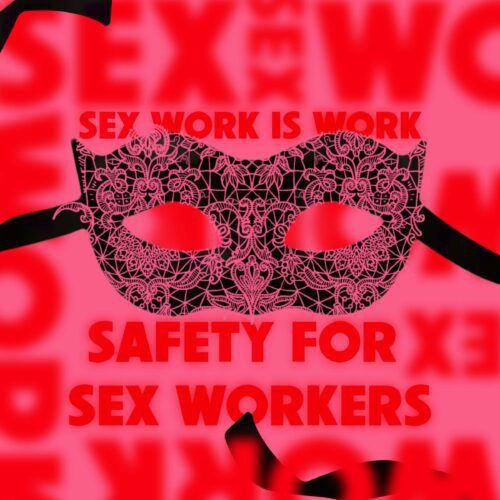Sustainable construction of the future and underground homes
Buildings and the construction industry are the world’s largest consumers of raw materials and account for 25-40% of global CO₂ emissions. Transitioning to sustainable construction within a circular economy requires standardisation and intelligent design. Concretene (concrete and graphene mix) and new varieties of RCA (recycled concrete aggregate), and the Living Building Challenge (LBC) project are some of the latest developments in the industry. LBC includes buildings that produce their own energy and water and give back to nature more than they take from it themselves.
According to Stefan Wittwer, owner of a house built underground in Switzerland, such a solution is energy efficient and does not occupy nature’s green space. The house, which is surrounded by earth and built of metal and concrete, is well insulated and requires no air conditioning or heating – it is cool inside in summer and warm in winter. According to Wittwer, energy bills are probably about half that of a standard home (heating, electricity, TV, internet, and other charges are close to $100 a month in his case).
A Berlin-based start-up called Ecoworks is refurbishing residential buildings in Bochum by applying a tailored wooden “second skin” to their façade to increase the energy efficiency of the flats. This climate-friendly solution is a response to the energy crisis, soaring heating costs and the provisions of a new German law that divides the CO₂ fee between tenants and owners according to the energy efficiency of the buildings.


























